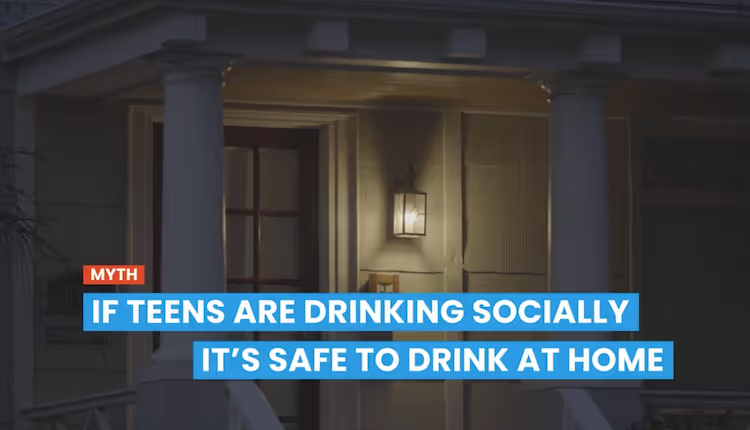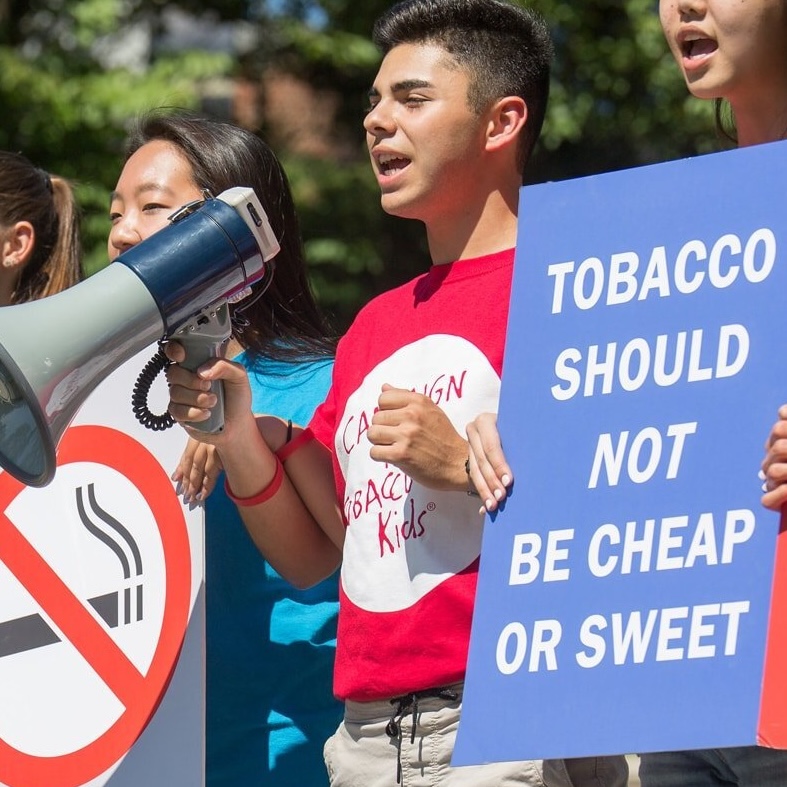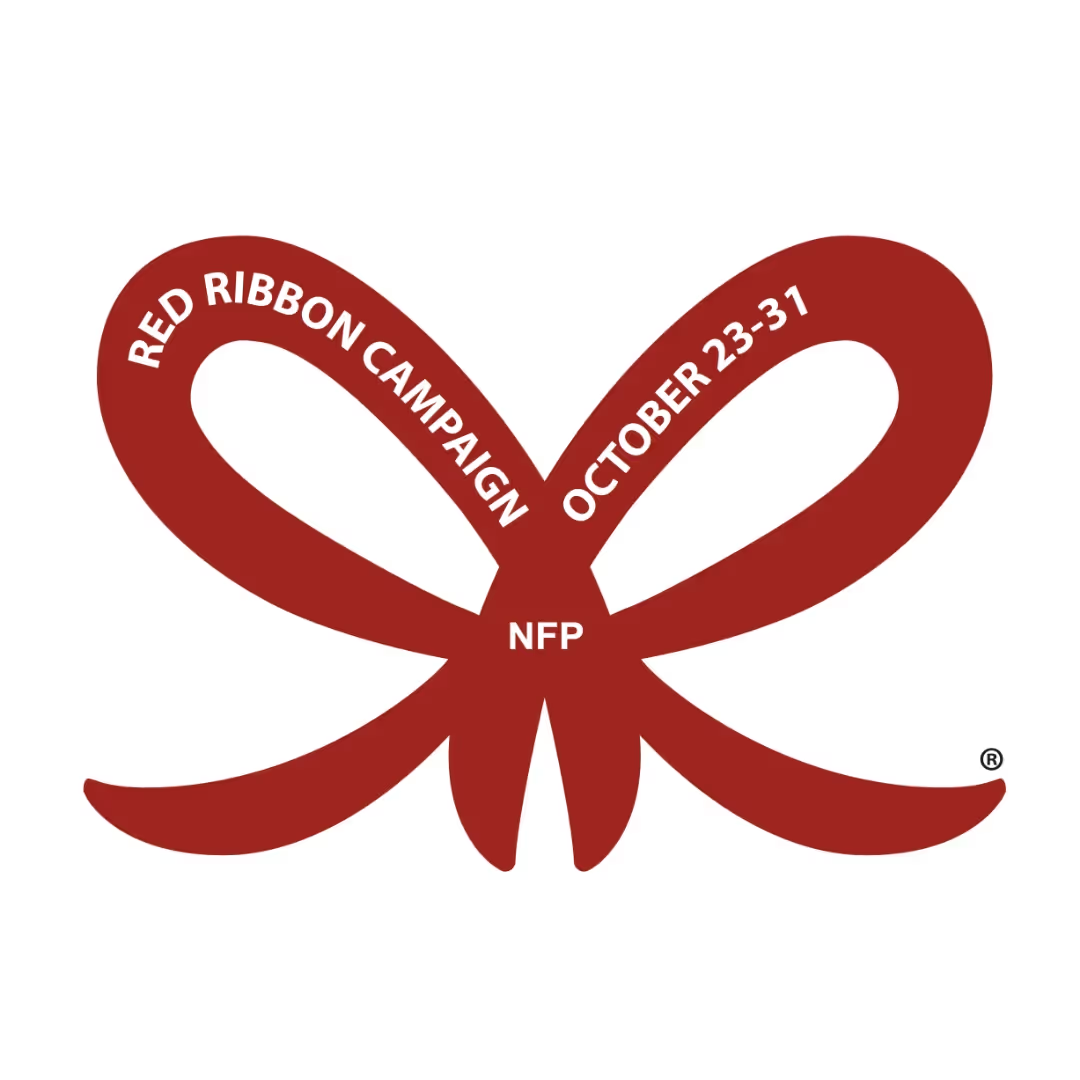


Youth are surrounded by alcohol imagery online, from social media to popular shows, which normalizes drinking long before they face real-world situations. While making Screenagers Under The Influence, I learned how many parents hold assumptions that run counter to the data, especially the myths that early drinking teaches responsibility, that starting in high school prevents college overuse, and that drinking at home is safer. Research shows the opposite: early exposure increases risks, and social drinking among teens often leads to binge behaviors and serious harm.
Youth are consistently bombarded with depictions of individuals consuming alcohol in party settings when they tune into shows, social media, and other forms of media.
Have you heard of the "Call Her Daddy" Podcast? It is massively popular among teen girls. Spotify allegedly paid the host Alex Cooper around $25 million to move her show onto their platform.
Well, not long ago, this YouTube video (Warning: Strong Language) came to my attention in which the interviewer, Alex Cooper, is doing “Truth or Shots” with a female guest.
I realized just how pervasive alcohol images were online, when I was gathering material for Screenagers Under The Influence. Finding clips of people drinking alcohol from popular shows to include in the film was startlingly simple.
We are all worried about the effect alcohol has on people's capacity to consent to sexual activities. Given this, it's troubling knowing that children are exposed to many TV shows that glamorize drinking in social situations.
A 2022 study from Australia found that alcohol was depicted in 98% of the reality dating show episodes they analyzed.
During adolescence, some teens will gather and have alcohol involved, whether that's at a park, in someone's house, or another inconspicuous location.
While working on the documentary Screenagers Under The Influence, my film partner, Lisa, and I interviewed more than 100 parents to understand their strategies for parenting around alcohol use.
There was a striking difference between parents’ answers and what the data reveals about what we should be saying and doing to help our youth make wiser decisions around alcohol.
Today, I share a clip from Screenagers Under The Influence, in which three myths concerning parenting and alcohol are exposed. Often after screenings, parents come up to me and say how stunned they are to learn about the research.
Learn more about showing our movies in your school or community!
Join Screenagers filmmaker Delaney Ruston MD for our latest Podcast

Learn more about our Screen-Free Sleep campaign at the website!
Our movie made for parents and educators of younger kids
Learn more about showing our movies in your school or community!
Delaney Ruston (voiceover)
Talking with parents, they often share their ideas of how to prevent their teens from overdrinking. And I uncover three things that turn out to be myths. The first is a common notion that in European countries like France, where the legal drinking age is younger, and the culture is more permissive, that teens learn to drink more responsibly. But, the rate of binge drinking among 15-year-olds is three times greater in France than in the United States.
A second common myth is the idea that students will drink safer once they get to college if they've already started drinking in high school.
Joseph Labrie, PhD, Prof. of Psychology, Loyola Marymount University:
You'll hear this a lot from students, you'll also hear it from parents that, you know, the ones who never drank in high school, they go crazy once they get to college campus and they're the ones who are passing out. But that's not the reality of the gross data. The gross data says that the more you drink in high school, the more likely you are to increase your drinking in college and the more likely you are to have negative consequences.
Delaney Ruston (voiceover)
The third myth I've heard over and over is the idea that if teens are drinking socially, it's safe to drink at home.
Karen Palisades, PhD Adolescent Psychologist:
So, that has been debunked in the literature.
Sharon Levy, MD. Director of Adolescent Substance Use & Addiction Program, Prof. of Pediatrics, Harvard Medical School:
When you put teens together, allowing them to use substances in the house, you can predict that they're going to be binge drinking. And when kids are binge drinking, it's very hard to keep them safe.
Learn more about showing our movies in your school or community!
Join Screenagers filmmaker Delaney Ruston MD for our latest Podcast

Learn more about our Screen-Free Sleep campaign at the website!
Our movie made for parents and educators of younger kids
Join Screenagers filmmaker Delaney Ruston MD for our latest Podcast
Delaney Ruston (voiceover)
I find many studies that back this. One study found that in homes where senior high school girls were allowed to drink with friends, they were more likely to report binge drinking (during their) freshman year of college than those who weren't allowed to.
Joseph Labrie, PhD, Prof. of Psychology, Loyola Marymount University:
Every year on college campuses, roughly 1,800 people die from some kind of alcohol related trauma and 600,000 students experience serious injuries when they've been drinking.
As we’re about to celebrate 10 years of Screenagers, we want to hear what’s been most helpful and what you’d like to see next.
Please click here to share your thoughts with us in our community survey. It only takes 5–10 minutes, and everyone who completes it will be entered to win one of five $50 Amazon vouchers.
Youth are consistently bombarded with depictions of individuals consuming alcohol in party settings when they tune into shows, social media, and other forms of media.
Have you heard of the "Call Her Daddy" Podcast? It is massively popular among teen girls. Spotify allegedly paid the host Alex Cooper around $25 million to move her show onto their platform.
Well, not long ago, this YouTube video (Warning: Strong Language) came to my attention in which the interviewer, Alex Cooper, is doing “Truth or Shots” with a female guest.
I realized just how pervasive alcohol images were online, when I was gathering material for Screenagers Under The Influence. Finding clips of people drinking alcohol from popular shows to include in the film was startlingly simple.
We are all worried about the effect alcohol has on people's capacity to consent to sexual activities. Given this, it's troubling knowing that children are exposed to many TV shows that glamorize drinking in social situations.
A 2022 study from Australia found that alcohol was depicted in 98% of the reality dating show episodes they analyzed.
During adolescence, some teens will gather and have alcohol involved, whether that's at a park, in someone's house, or another inconspicuous location.
While working on the documentary Screenagers Under The Influence, my film partner, Lisa, and I interviewed more than 100 parents to understand their strategies for parenting around alcohol use.
There was a striking difference between parents’ answers and what the data reveals about what we should be saying and doing to help our youth make wiser decisions around alcohol.
Today, I share a clip from Screenagers Under The Influence, in which three myths concerning parenting and alcohol are exposed. Often after screenings, parents come up to me and say how stunned they are to learn about the research.
Delaney Ruston (voiceover)
Talking with parents, they often share their ideas of how to prevent their teens from overdrinking. And I uncover three things that turn out to be myths. The first is a common notion that in European countries like France, where the legal drinking age is younger, and the culture is more permissive, that teens learn to drink more responsibly. But, the rate of binge drinking among 15-year-olds is three times greater in France than in the United States.
A second common myth is the idea that students will drink safer once they get to college if they've already started drinking in high school.
Joseph Labrie, PhD, Prof. of Psychology, Loyola Marymount University:
You'll hear this a lot from students, you'll also hear it from parents that, you know, the ones who never drank in high school, they go crazy once they get to college campus and they're the ones who are passing out. But that's not the reality of the gross data. The gross data says that the more you drink in high school, the more likely you are to increase your drinking in college and the more likely you are to have negative consequences.
Delaney Ruston (voiceover)
The third myth I've heard over and over is the idea that if teens are drinking socially, it's safe to drink at home.
Karen Palisades, PhD Adolescent Psychologist:
So, that has been debunked in the literature.
Sharon Levy, MD. Director of Adolescent Substance Use & Addiction Program, Prof. of Pediatrics, Harvard Medical School:
When you put teens together, allowing them to use substances in the house, you can predict that they're going to be binge drinking. And when kids are binge drinking, it's very hard to keep them safe.
Delaney Ruston (voiceover)
I find many studies that back this. One study found that in homes where senior high school girls were allowed to drink with friends, they were more likely to report binge drinking (during their) freshman year of college than those who weren't allowed to.
Joseph Labrie, PhD, Prof. of Psychology, Loyola Marymount University:
Every year on college campuses, roughly 1,800 people die from some kind of alcohol related trauma and 600,000 students experience serious injuries when they've been drinking.
Sign up here to receive the weekly Tech Talk Tuesdays newsletter from Screenagers filmmaker Delaney Ruston MD.
We respect your privacy.
Youth are consistently bombarded with depictions of individuals consuming alcohol in party settings when they tune into shows, social media, and other forms of media.
Have you heard of the "Call Her Daddy" Podcast? It is massively popular among teen girls. Spotify allegedly paid the host Alex Cooper around $25 million to move her show onto their platform.
Well, not long ago, this YouTube video (Warning: Strong Language) came to my attention in which the interviewer, Alex Cooper, is doing “Truth or Shots” with a female guest.
I realized just how pervasive alcohol images were online, when I was gathering material for Screenagers Under The Influence. Finding clips of people drinking alcohol from popular shows to include in the film was startlingly simple.
We are all worried about the effect alcohol has on people's capacity to consent to sexual activities. Given this, it's troubling knowing that children are exposed to many TV shows that glamorize drinking in social situations.
A 2022 study from Australia found that alcohol was depicted in 98% of the reality dating show episodes they analyzed.
During adolescence, some teens will gather and have alcohol involved, whether that's at a park, in someone's house, or another inconspicuous location.
While working on the documentary Screenagers Under The Influence, my film partner, Lisa, and I interviewed more than 100 parents to understand their strategies for parenting around alcohol use.
There was a striking difference between parents’ answers and what the data reveals about what we should be saying and doing to help our youth make wiser decisions around alcohol.
Today, I share a clip from Screenagers Under The Influence, in which three myths concerning parenting and alcohol are exposed. Often after screenings, parents come up to me and say how stunned they are to learn about the research.

Teens are getting involved in civic action to fight Big Tobacco, which helps reduce screen time while making a real impact. From recent teen-led policy wins and youth advocacy at CADCA to ongoing legal cases questioning how social media platforms hook young users, the post highlights why this moment matters and shares national organizations where teens can get involved.
READ MORE >
This week is Red Ribbon Week, the nation’s longest-running youth drug-prevention program — and I can’t think of a more important time to talk about a new, dangerous substance spreading fast among teens called 7-OH that's derived from the kratom plant.
READ MORE >for more like this, DR. DELANEY RUSTON'S NEW BOOK, PARENTING IN THE SCREEN AGE, IS THE DEFINITIVE GUIDE FOR TODAY’S PARENTS. WITH INSIGHTS ON SCREEN TIME FROM RESEARCHERS, INPUT FROM KIDS & TEENS, THIS BOOK IS PACKED WITH SOLUTIONS FOR HOW TO START AND SUSTAIN PRODUCTIVE FAMILY TALKS ABOUT TECHNOLOGY AND IT’S IMPACT ON OUR MENTAL WELLBEING.
